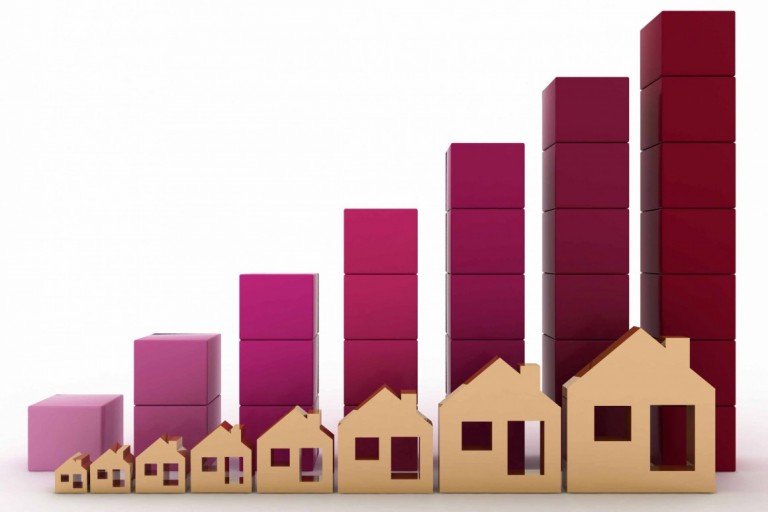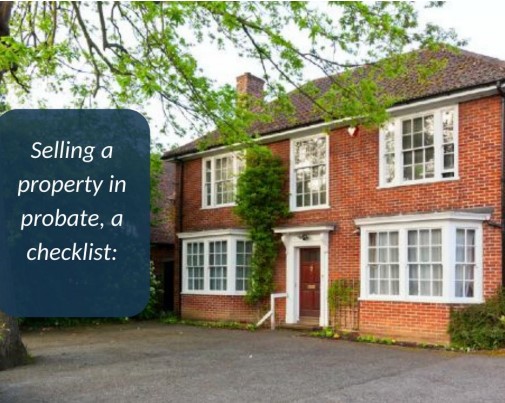Estate agents found to be inflating asking prices to lure in vendors
A new study has found that vendors using estate agents are often having to reduce their asking prices as well as suffer an extended period on the market due to ‘greedy’ businessmen who quote unrealistic figures.
Estate agents, in an effort to secure new clients, have been overvaluing properties before placing them on the market according to a recent investigation by Which?.
As the number of houses being put on sale by vendors dwindles due to worries over post-Brexit market values and low consumer confidence, the investigation found that one in five homes had to have their price reduced by 5% or more in order to attract a buyer.
The study itself analysed the sales of 370,000 properties put on the market between September 2015 and September 2016, commenting that many sellers found themselves losing up to £20,000 on a single sale.
As homeowners, we often buy any home if we fall in love with both the building and location, but as increased competition between agents continues to encourage dishonesty, industry experts believe more vigilance is necessary during the house-buying process.
“The problem is that greedy sellers attract greedy estate agents,” said Paul Higgins, chief executive of the Homeowners Alliance.
“If an estate agent tells a seller they can get 10pc more than other agents for their home they are likely to choose them.
“But sellers shouldn’t just consider the price agents claim they can get. They should be thinking about how the agent is going to sell the property and whether they are asking smart questions.”
The issue also appears to be more contentious in certain regions than in others. In both Wales and the north east, more than 35% of the properties analysed were heavily reduced in price before a sale was successfully negotiated. In both eastern and south-eastern England, however, this proportion was noticeably less at 11%.
The investigation also uncovered that the practice of over-inflating asking prices varied from agent to agent. In Swansea, SA Property was found to have heavily reduced only 14% of the properties analysed – while another estate agent, Peter Alan, was found to have heavily reduced 46% of the properties within his sales portfolio.
A lingering sale
There have also been separate negative effects for the vendors who are trying to sell over-valued properties, as the research showed that the amount of time spent on the market dramatically increased, on average up to 64 days longer than correctly valued homes.
In a surprising turn, online agents were found to sell homes on average 38 days faster than high-street agents – with 6% lower instances of heavy reductions on asking prices.
While many traditional agents have been quick to blame the economy, Brexit and the stamp duty increase in April 2016, the research by Which? undoubtedly raises concerns that many unscrupulous businessmen within the industry have been quick to take advantage of vendors looking for the best price for their home.
Worried about estate agents inflating asking prices? Why not ask National Homebuyers for advice, as we buy any house. Call 08000 443 911 or request a call back to find out how much you could get for your property.






